The first time she had an ectopic pregnancy in 2014, Ms. H. was prescribed medical treatment. Three years later, Ms. Huong still could not get pregnant again even though the X-ray results of her uterus and fallopian tubes were completely normal, with both tubes open.
In 2018, Ms. H. and her husband went to a hospital to find out the reason why they could not have children. Ms. H.'s husband was diagnosed with weak sperm and broken sperm DNA, when they were both at the best age to have children.
The doctor advised the couple to perform artificial insemination (IUI), but it failed. A few months later, the couple did in vitro fertilization (IVF) to increase their chances of conceiving. The doctor aspirated sperm and stimulated eggs, creating two good quality 3-day embryos. The embryo transfer was successful, and Ms. H. became pregnant immediately after the first embryo transfer into the uterus, but the pregnancy was biochemical.
After repeated failures, Ms. H. temporarily stopped treatment, but unexpectedly in 2019, she became pregnant naturally. The joy was short-lived, as the pregnancy implanted outside the uterus. Ms. Huong was scheduled to have surgery to remove her right fallopian tube to avoid the risk of a repeat ectopic pregnancy.
Stuck with failure after failure, the couple did not stop. In 2020, when Ms. Huong turned 30, they both went to the Center for Reproductive Support, Tam Anh General Hospital, Hanoi (IVF Tam Anh) for examination, determined to find a chance to become parents before passing the "golden time". At this time, because one of her fallopian tubes had been cut, Ms. Huong's chance of getting pregnant naturally decreased sharply, to only about 70%.
Doctor Luu Quang Quy, Center for Reproductive Support, Tam Anh General Hospital, Hanoi (IVF Tam Anh), assessed that Ms. Huong and her husband had many challenging factors: The husband had weak sperm, broken sperm DNA; the wife had had one fallopian tube removed, a history of repeated ectopic pregnancies, biochemical pregnancies, and multiple failed embryo transfers.
"Fertilization by sperm with fragmented DNA can result in infertility, frequent miscarriages, and low pregnancy rates when performing assisted reproduction. We must collect sperm, culture good quality embryos, and prepare the uterine lining to facilitate embryo implantation," said Dr. Quy.
In October 2020, Ms. H. began taking IVF medication and had her ovaries lightly stimulated according to a personalized protocol. On the same day, her husband's sperm was also collected, the semen was washed, and the best sperm were selected to be injected into the oocyte cytoplasm. The result was 7 good quality day 3 embryos.
In December 2020, after the doctor prepared the uterine lining according to a special protocol, Ms. H. had an embryo transferred into her uterus and became pregnant. She gave birth to a healthy baby boy, weighing 3.2 kg. The couple plans to transfer the remaining embryos soon to have more children when their first child is strong.
In March 2024, Ms. H. returned to Tam Anh General Hospital in Hanoi as planned by the couple, continuing to use medication to prepare the lining. At the end of March, Dr. Le Quang Do successfully transferred 2 embryos on day 3, and Ms. Huong and Mr. Trung's family happily welcomed their second baby weighing 3.4 kg by cesarean section.
According to Dr. Quy, DNA fragmentation in sperm accounts for 20% of male infertility cases. This is one of the genetic abnormalities of sperm, affecting the sperm's ability to fertilize.
There are many causes of sperm DNA fragmentation such as: Free radical damage, gonadal infection, varicocele, urinary tract infection, diabetes, cancer or systemic infection, etc.
In addition, environmental factors and unhealthy lifestyles also have a great impact. Sperm DNA fragmentation testing is necessary to help doctors determine the detailed cause of male infertility, thereby providing appropriate treatment regimens to shorten time, costs and increase the chance of having children for couples.
Source: https://nhandan.vn/gian-nan-san-con-khi-that-bai-chuyen-phoi-nhieu-lan-post877095.html



![[Photo] Vietnam shines at Paris International Fair 2025 with cultural and culinary colors](https://vphoto.vietnam.vn/thumb/1200x675/vietnam/resource/IMAGE/2025/5/4/74b16c2a197a42eb97597414009d4eb8)
![[Photo] Bus station begins to get crowded welcoming people returning to the capital after 5 days of holiday](https://vphoto.vietnam.vn/thumb/1200x675/vietnam/resource/IMAGE/2025/5/4/c3b37b336a0a450a983a0b09188c2fe6)
![[Photo] General Secretary To Lam receives Sri Lankan President Anura Kumara Dissanayaka](https://vphoto.vietnam.vn/thumb/1200x675/vietnam/resource/IMAGE/2025/5/4/75feee4ea0c14825819a8b7ad25518d8)




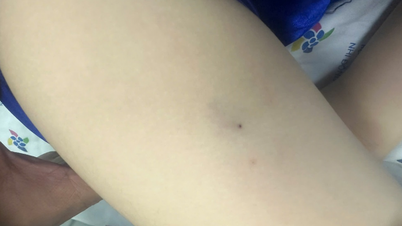
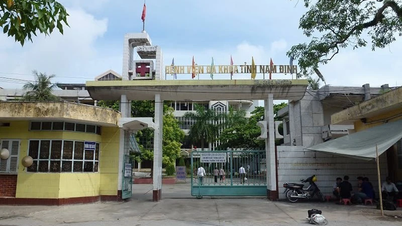
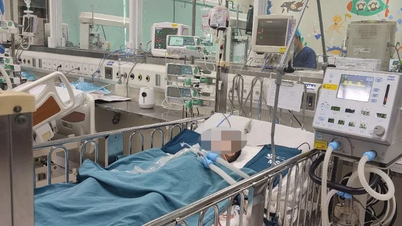






![[Photo] Bus station begins to get crowded welcoming people returning to the capital after 5 days of holiday](https://vphoto.vietnam.vn/thumb/402x226/vietnam/resource/IMAGE/2025/5/4/c3b37b336a0a450a983a0b09188c2fe6)





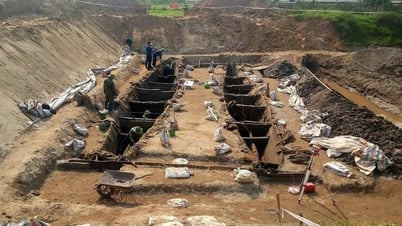







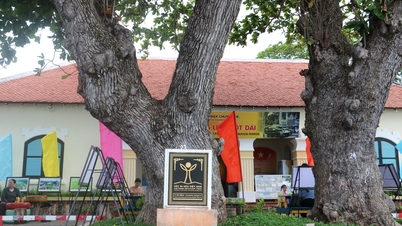



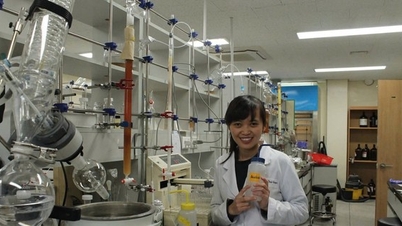





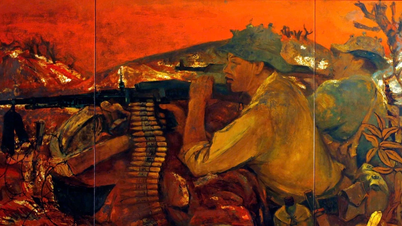


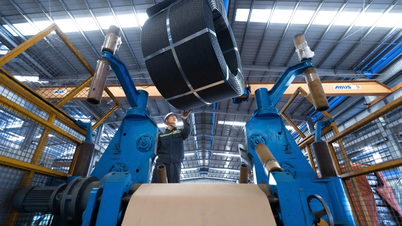



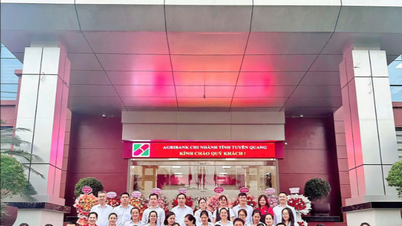


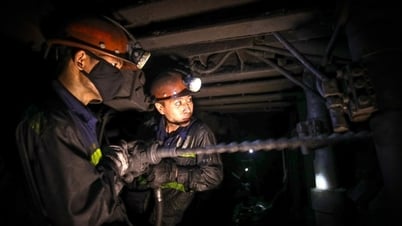
















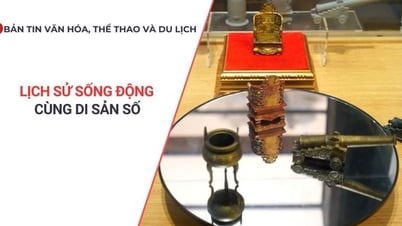
















![[Video]. Building OCOP products based on local strengths](https://vphoto.vietnam.vn/thumb/402x226/vietnam/resource/IMAGE/2025/5/3/61677e8b3a364110b271e7b15ed91b3f)

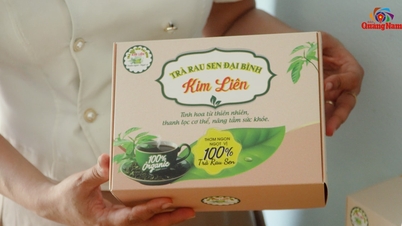


Comment (0)